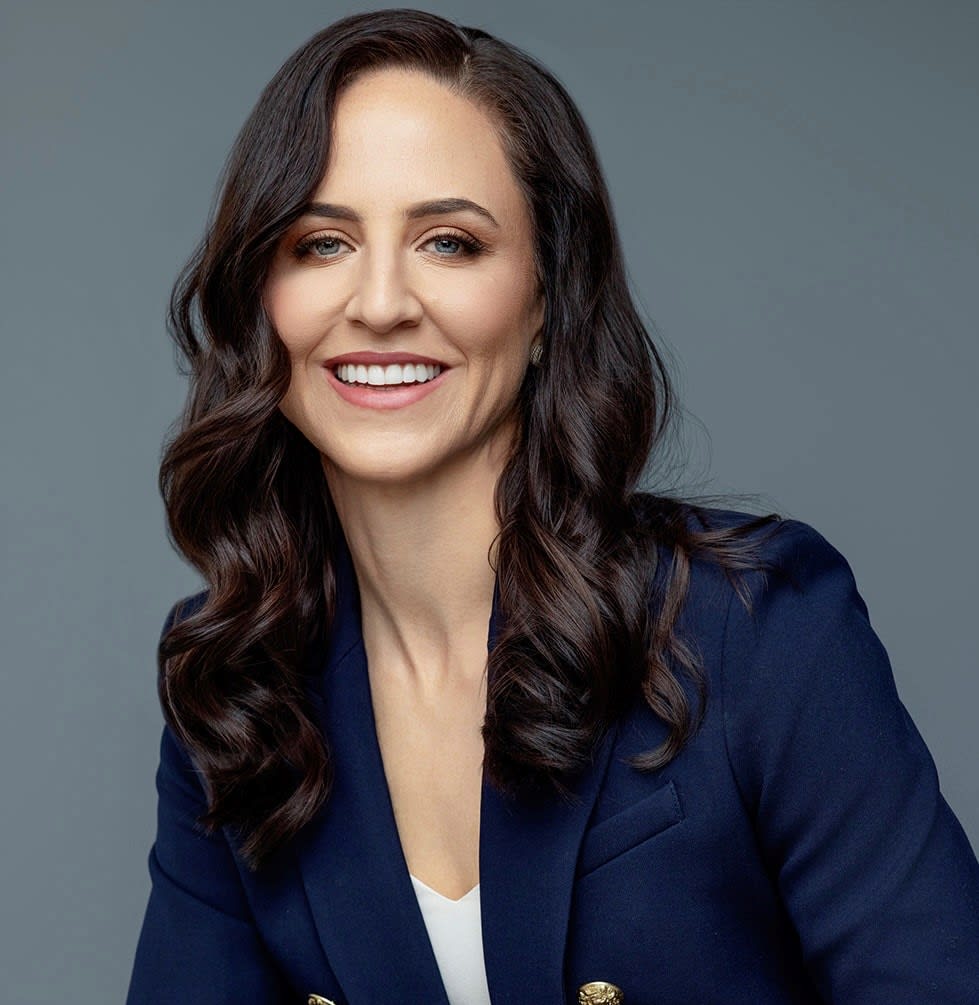Research is Saving Lives in Real Time
January 24, 2025
Found in Access, BC Cancer - Vancouver, World Cancer Day

This World Cancer Day, the BC Cancer Foundation is bringing awareness to the role each of us can play in closing the cancer care gap. We are sharing stories of hope and progress, made possible in part by philanthropic and community support, to enhance equitable access to cancer care in every corner of the province.
“If I wasn’t on a clinical trial I wouldn’t be here today,” says William McDonald, a retired 71-year-old maxillofacial surgeon whose cancer journey began 10 years ago.
In 2014, William started have issues with frequent urination and was put on antibiotics for a possible infection. His symptoms continued and after several years of interventions, surgeries to remove bladder and kidney stones and injections, he was diagnosed with bladder cancer in 2017.
“It’s not a ‘good’ cancer. People die of this,” he says of bladder cancer’s survival rates which drastically drop once the disease has spread, as William’s did to the lymph nodes in his neck.
William says he owes the last decade of his life to a clinical drug trial suggested by his medical oncologist, Dr. Bernie Eigl who specializes in bladder and prostate cancer research.
“Dr. Eigl and his team are bringing hope to people that had none before,” he says. That dream hit a detour for William when the first clinical trial drug he was on resulted in retina detachment. He was forced to go off it after a few months or risk losing his eyesight.
A second three-year clinical drug trial also came with side effects, in skin lesions and severe numbness in his hands and feet, but it also shrunk the tumours to the point where “we’re just watching them now,” he says. The drug, which he went off of in 2022 when the side effects became unmanageable, also seems to have stopped his cancer from spreading.
William’s positive outcome, and the potential it has to inform future treatment, is why we do clinical trials, says Dr. Eigl, director of BC Cancer’s Provincial Clinical Trials Office.
Every patient should be offered an opportunity to take part in a clinical trial, he adds. “They’re not optional. They’re a core part of advancing cancer care. Every single drug or treatment we have today was made possible through a clinical trial.”
“When I’m getting informed consent from a patient for a clinical trial I always say, ‘This could help you. It could hurt you. It could make no difference at all. The main reason for the trial is so that we can learn and help the next person, but hopefully it will help you too. And it’s instantly gratifying when it does, especially with someone who had a poor prognosis.”
Donors fuel crucial quality-of life research
While pharmaceutical companies fund some studies to bring new drugs to market, Dr. Eigl says his team relies on donor funding from the BC Cancer Foundation to ensure we have as many clinical trials as possible available for patients across the province, including trials that answer important questions such as, “Can we get the same good outcomes with less treatment or with less harmful side effects?”
William doesn’t dwell on the life-altering side effects of his treatment, which include using a walker or canes to support himself. “I’m alive. I persevere. I’m a stubborn guy, so I still do as much as I can,” he says. But he’s encouraged by the fact that a drug he’s helping prove the efficacy of, could be modified down the road so the next person won’t have similar struggles.
Opening up cutting-edge care across the province
Living in Vancouver, William had easy access to the clinical trial that has him enjoying added years with his family. But for patients who live greater distances from the Lower Mainland, or a BC Cancer centre, it’s more difficult.
Dr. Jon Loree, a BC Cancer medical oncologist and co-chair of the Canadian Cancer Trials Group Colon Cancer Disease Group, is the principal investigator in a new clinical trial (CIRCULATE-NORTH-AMERICA/CRC10) that is being coordinated in Vancouver with Prince George as a satellite site.
The trial examines circulating tumour DNA (ctDNA) via a blood test to determine a patient’s risk of colon cancer recurrence to inform more personalized treatment after surgery and determine when no additional chemotherapy is necessary.
“Traditionally we used risk factors such as how deep did the cancer go into the surrounding tissue and how many lymph nodes might have been affected,” he says. “This blood test is proving to be really good at predicting who will have their cancer come back and who won’t — it’s moving us into the next generation of how we choose treatment for patients.”
The first time a systemic therapy trial will be offered at BC Cancer – Prince George, it’s using a new technology (ctDNA) and providing greater access to it to patients in the North, but otherwise provides standard-of-care medicine. Meaning participants can be easily overseen by a newly hired nurse coordinator, a local oncologist or virtually by a Vancouver oncologist.
Not only is the clinical trial increasing access to cutting-edge care in the North, Dr. Loree is hopeful it will inform future treatment decisions that will greatly reduce the stress and expense of travel for people in remote locations.
“It’s answering a very patient-centred question of ‘Can we use less chemotherapy or no chemotherapy and reduce toxicity and still have good outcomes for people?’ If the trial is positive, people who previously would have had to travel a couple of hours to have further treatment may not have to.”
Learn more about how BC Cancer Foundation donors are closing the care gap for patients across the province.

